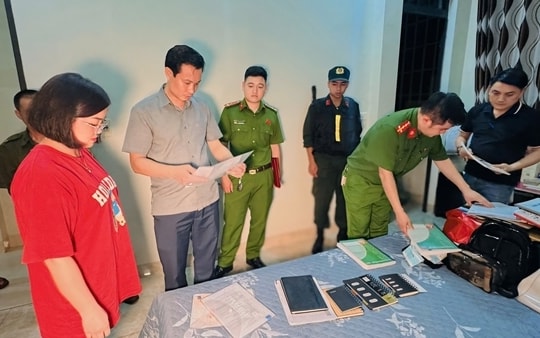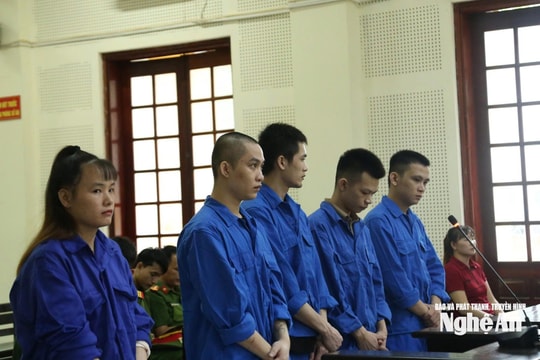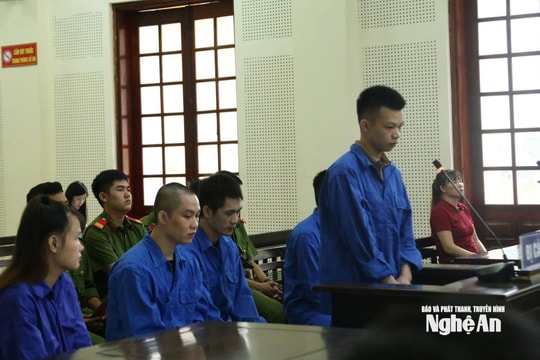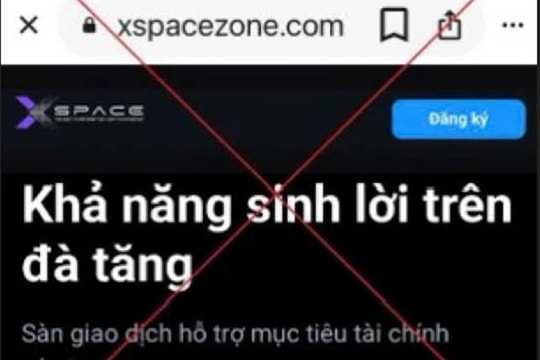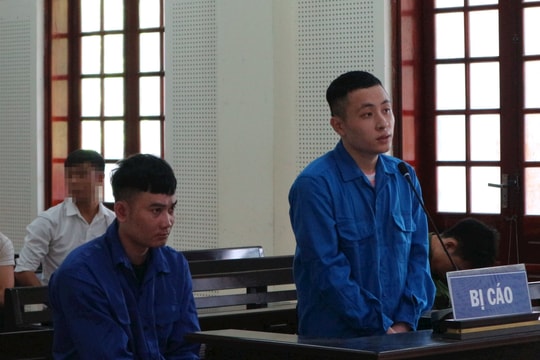Some cafes and restaurants in Saigon accept Bitcoin payments
According to the State Bank, this payment is illegal and will be fined by the authorities with the maximum level of 200 million VND.
At the meeting with Deputy Governor Dao Minh Tu, Mr. Nguyen Hoang Minh - Deputy Director of the State Bank of Vietnam, Ho Chi Minh City branch, said that this agency always affirms that Bitcoin and other similar virtual currencies are not legal means of payment in Vietnam. The issuance, supply and use of Bitcoin and other similar virtual currencies as means of payment are prohibited in Vietnam.
However, according to Mr. Minh, Bitcoin has recently been accepted for payment by a number of cafes and restaurants in Ho Chi Minh City. "We are asking the police to coordinate with the State Bank of Vietnam's Ho Chi Minh City branch to handle this," he said.
Mr. Minh also said that he had reported this virtual currency issue to the Central Bank, the leaders of the City People's Committee and that Vice Chairman Tran Vinh Tuyen had directed agencies such as the police and judiciary to coordinate with the State Bank of Vietnam, Ho Chi Minh City branch, to handle any violations, if any.
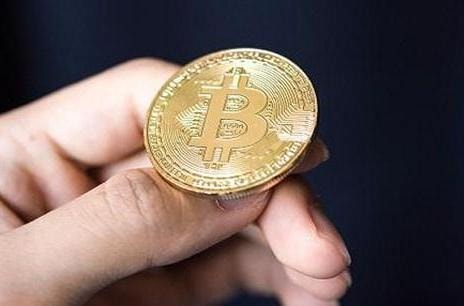 |
| The soaring price of Bitcoin has attracted many people to invest money. |
A coffee shop in District 1, Ho Chi Minh City, openly allows customers to pay for coffee and pizza with Bitcoin. An employee at the shop said that customers only need to have a Bitcoin code to be able to pay. She also added that accepting Bitcoin payments is "very convenient" because it does not incur bank fees (card payments) nor is it subject to tax, so it is very beneficial for businesses. Prices here are calculated according to the current Bitcoin price.
On the spot market on December 17, Bitcoin price briefly reached nearly $19,800 on CoinDesk, and then retreated to around $18,700 per coin. Bitcoin has increased nearly 20 times this year.
Faced with the rapid increase of this virtual currency, not only in the world but also many people in Vietnam were caught up in it. Many people were willing to borrow money to invest in Bitcoin, and others were racing to buy mining machines.
Recently, the Ho Chi Minh City Customs Department announced that by the end of October 2017, it had received 98 import declarations for 1,478 Bitcoin and Litecoin automatic data processing machines at the Express Customs Branch. The subjects carrying out import procedures for this item are mostly individuals and organizations without tax codes.
According to the Ho Chi Minh City Customs Department, automatic data processing machines are not on the list of prohibited or temporarily suspended imports and exports according to the Decree on international trade in goods, but the issuance and use of virtual currencies are not yet recognized by Vietnamese law.
Therefore, this unit has reported to the General Department to ask for direction as the import of this item has increased rapidly in recent months and is likely to cause many consequences.
Deputy Director of the State Bank of Vietnam, Ho Chi Minh City branch, Nguyen Hoang Minh, also acknowledged that the emergence of virtual currencies in general poses many risks for investors.
First of all, Bitcoin is highly anonymous, so it can easily become a tool for crimes such as money laundering, drug trafficking, tax evasion, etc. They use it. Second risk, this virtual currency is used in digital form, so it is vulnerable to attacks, transactions are easily stopped, and data is stolen. Third, the value of this currency fluctuates very strongly and complicatedly in a short time.
Therefore, this fluctuation leads to many risks for the owners. And the last important thing is that it is not governed by any state management agency, so the owners will have to bear all the risks because there is no one to protect them.
On that basis, the State Bank affirms that these coins are not currency nor legal means of payment in Vietnam, and are not recognized and protected by law. "We recommend that people and businesses should not participate in these activities," said Mr. Minh.
According to the State Bank, acts of issuing, supplying, and using illegal means of payment (including Bitcoin and other similar virtual currencies) will be subject to administrative fines ranging from VND150 million to VND200 million. This is the content stipulated in Clause 6, Article 27 of Decree 96/2014 on administrative sanctions in the field of currency and banking activities.
At the same time, the Manager believes that, from January 1, 2018, the act of issuing, supplying, and using illegal means of payment (including bitcoin and other similar virtual currencies) may be subject to criminal prosecution according to the provisions of Point h, Clause 1, Article 206 of the 2015 Penal Code (amended and supplemented in 2017).
| RELATED NEWS |
|---|

